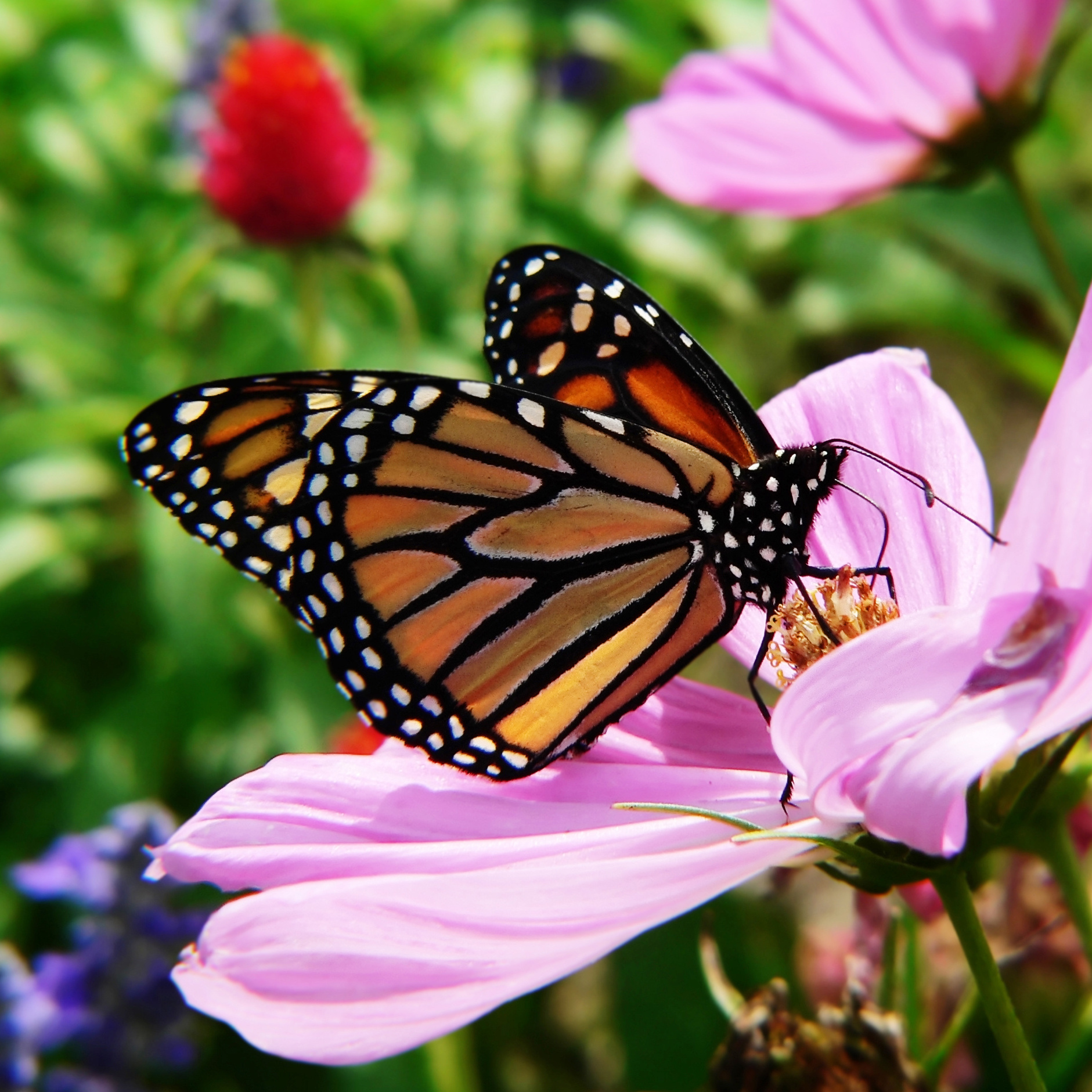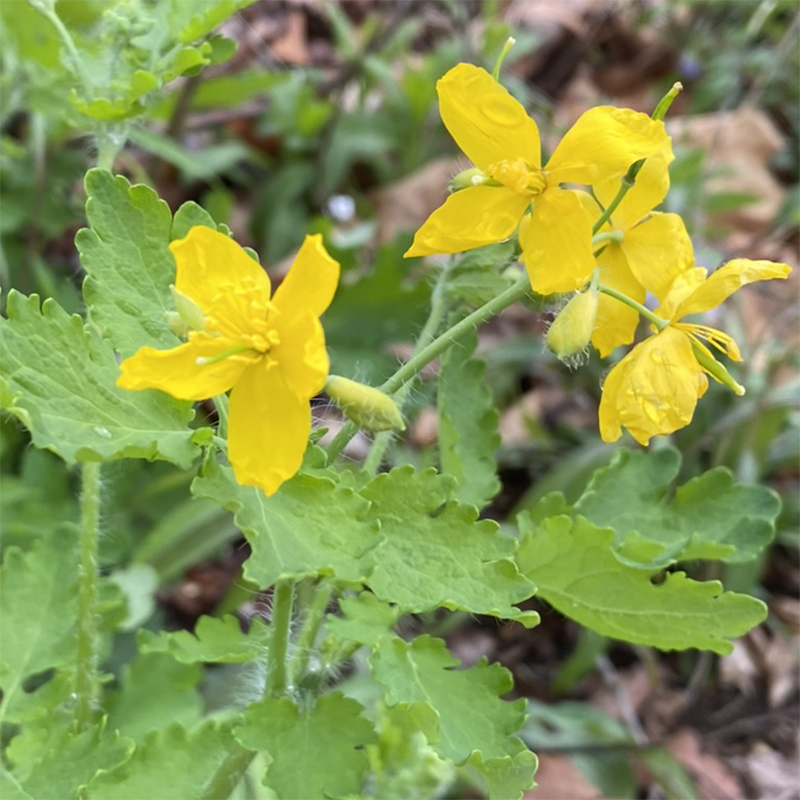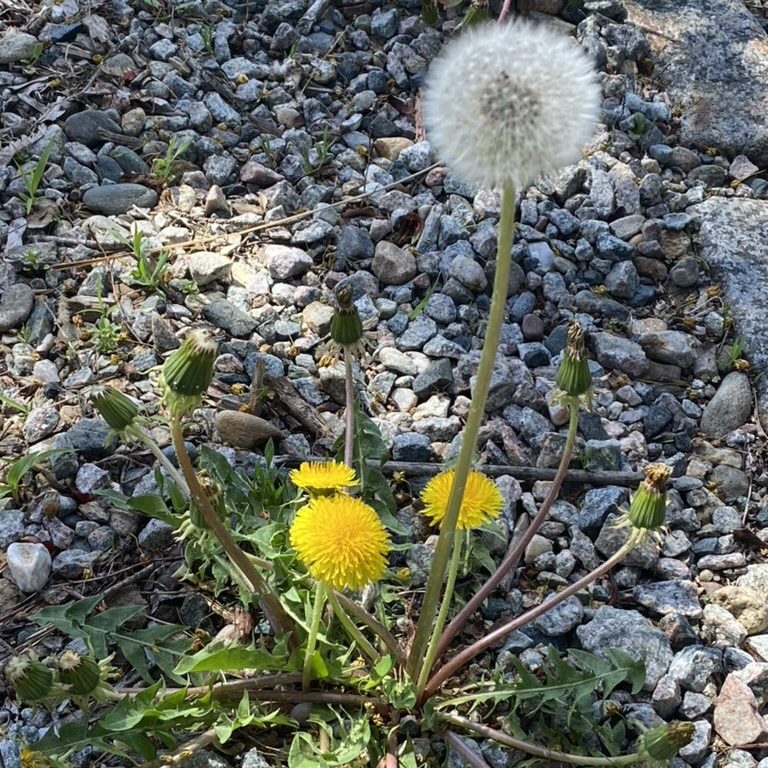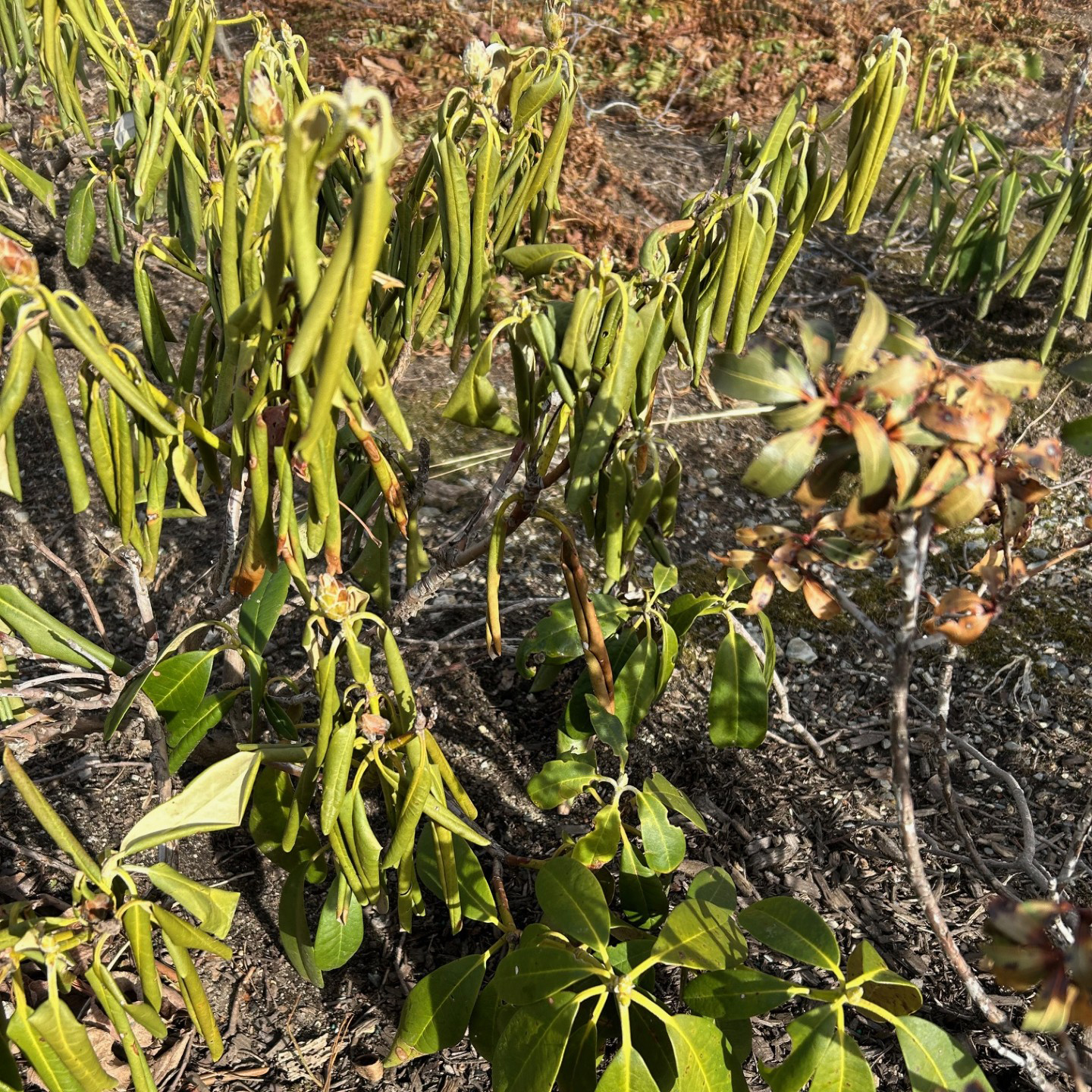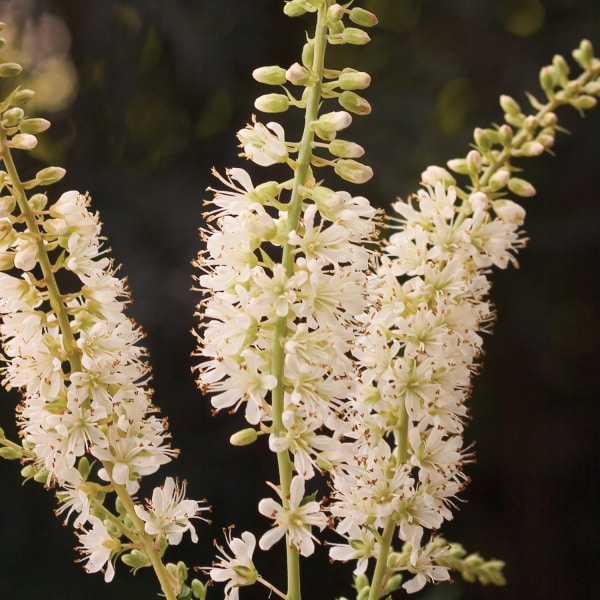
Does this sound familiar: “visiting my local garden center, I quickly become confused, and even feel helpless seeing the virtual avalanche of plant choices and brands presented for sale. I find the simple idea of choosing the right ones for my needs very frustrating: how can anyone like me truly know which plants will do best in my yard?”
To address this all-too-common dilemma, the Worcester County Horticultural Society at Tower Hill Botanic Gardens created the Cary Award. The concept is to call upon local knowledgeable horticulturists who screen recommendations to develop a reliable list of the finest (and often underutilized) trees and shrubs for New England.
This is an impartial jury comprised of New England’s foremost horticultural experts, their selections governed by the Society, not any individual or business interest. Each year since 1997 they gather, discuss, and eventually choose to recommend one or more “foolproof” woody plants deemed particularly well-suited for New England’s climate and soil conditions.
Red Obelisk European Beech is a 2015 Cary Award winner: a narrow, columnar-growing tree with wavy, lustrous, burgundy-black foliage all spring and summer. Ideal for constricted planting areas, it eventually reaches about 40 ft. high and no more than 10 ft. wide after several decades. It is a pest-free cultivar, only needing a proper start to produce many years of enjoyment; it shows good tolerance to road salt, compacted soils and light shade (which reduces the intensity of foliage color), but doesn’t appreciate wet areas. In fall its foliage turns coppery-bronze, holding for weeks, eventually dropping to display a distinct winter-branching outline against the sky. Useful individually as a unique tree in a formal garden for a strong vertical accent. Or combine several trees to form a dramatic, space-saving hedge along the edge of your yard, or to guide traffic, leading to a new garden room.
Japanese clethra (Clethra barbinervis) is a cousin of the American native summer sweet (Clethra alnifolia), also a Cary Award winner, and its features are unique. Native to the forests of Japan and Korea, it’s technically classified a shrub. But simple, selective pruning transforms it into a graceful, 15-foot-high multi-stem small tree, enabling full appreciation of its bark, which colorfully exfoliates in tones of slate-grey, cinnamon and salmon as the plant matures. Each year in early July it produces a profusion of 5-inch-long gently-nodding racemes of small, bell-shaped, fragrant white flowers, lasting for several weeks. These lily-of-the-valley-like flowers are similar in appearance to those of the sourwood tree (Oxydendrum arboreum), a significantly larger tree. In the fall its robust green summer foliage changes to red and purple, varying in intensity depending upon weather conditions.
The Cary Award plant selections now number more than 3 dozen, and they’re all reliable throughout this region. You can read more and get the whole story about the Cary Award and the recommended plants at http://www.caryaward.com/. And ask at your local garden center.
Wayne Mezitt is a 3rd generation nurseryman and a Massachusetts Certified Horticulturist, now chairman of Weston Nurseries of Hopkinton and Chelmsford, MA, and owner of “Hort-Sense”, a horticultural advisory business. Wayne currently serves as Trustee chairman for the Massachusetts Horticultural Society at Elm Bank in Wellesley MA.


